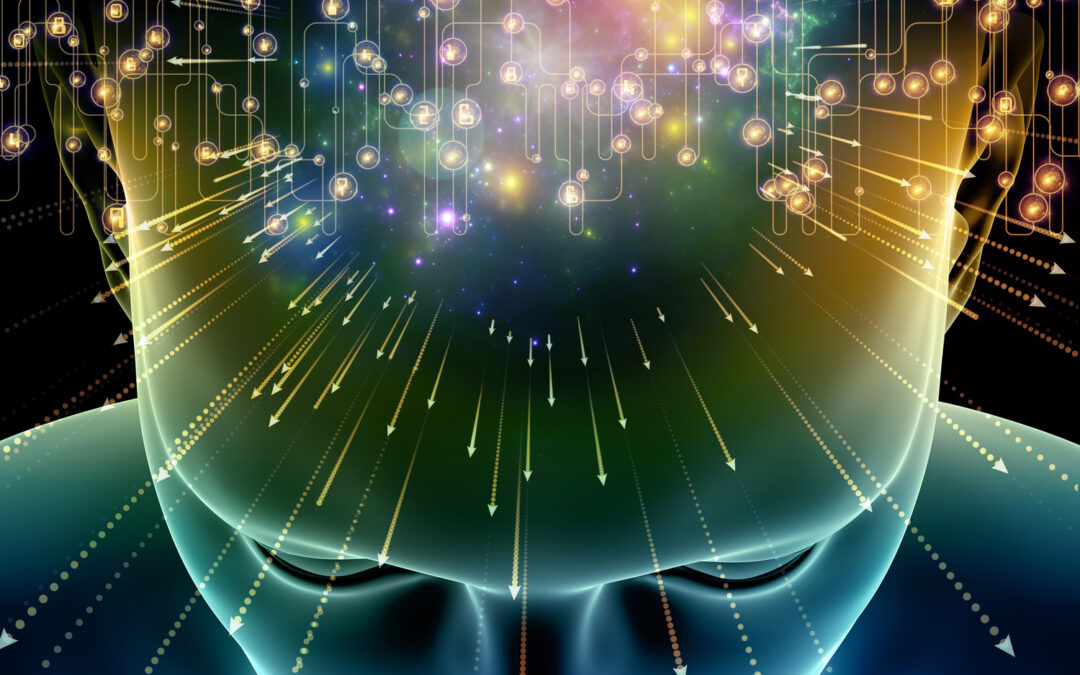Scientists have long used rules to help understand and explain natural phenomena. These rules, often called scientific laws or theories, are grounded in evidence-based observations, experimentation, and quantitative analysis. On the other hand, universal laws apply to all things in the universe, regardless of whether or not we fully understand them. Despite different origins and applications, there are key similarities and differences between scientific rules and universal laws.
First, scientific rules are constantly being updated and refined as new discoveries and technologies emerge. These rules are testable hypotheses that may be supported or refuted by further evidence. For instance, the widely known law of gravity is based on the observation of an attractive force between two objects with mass.
However, this rule is not absolute, as it is still being studied and refined today. Meanwhile, universal laws, like the law of conservation of energy, are constant and do not change. These laws are universal truths that govern the behavior of the universe.
A second similarity between scientific rules and universal laws is that they both strive to explain complex phenomena using simple principles. Scientific rules are effective because they allow us to make predictions and study complex systems in a more manageable way.
This, in turn, allows scientists to identify patterns and relationships between various phenomena. Similarly, universal laws, like the second law of thermodynamics or the theory of relativity, are based on simple principles that can explain and govern complex behaviors throughout the universe.
Despite these similarities, there are also significant differences between scientific rules and universal laws. One key difference is that universal laws are absolute and are not dependent on human observation or interpretation. Scientific rules, in contrast, are created and revised based on human understanding and ingenuity. Additionally, while scientific rules are generally focused on describing phenomena within a specific domain, universal laws attempt to explain the behavior of the universe as a whole.
In conclusion, while scientific rules and universal laws are different in their origins and applications, they share some fundamental similarities. Both strive to explain complex phenomena using simple principles and aim to understand the workings of the universe. As our understanding of the universe grows, so too will our appreciation for the laws and rules that underlie it.

